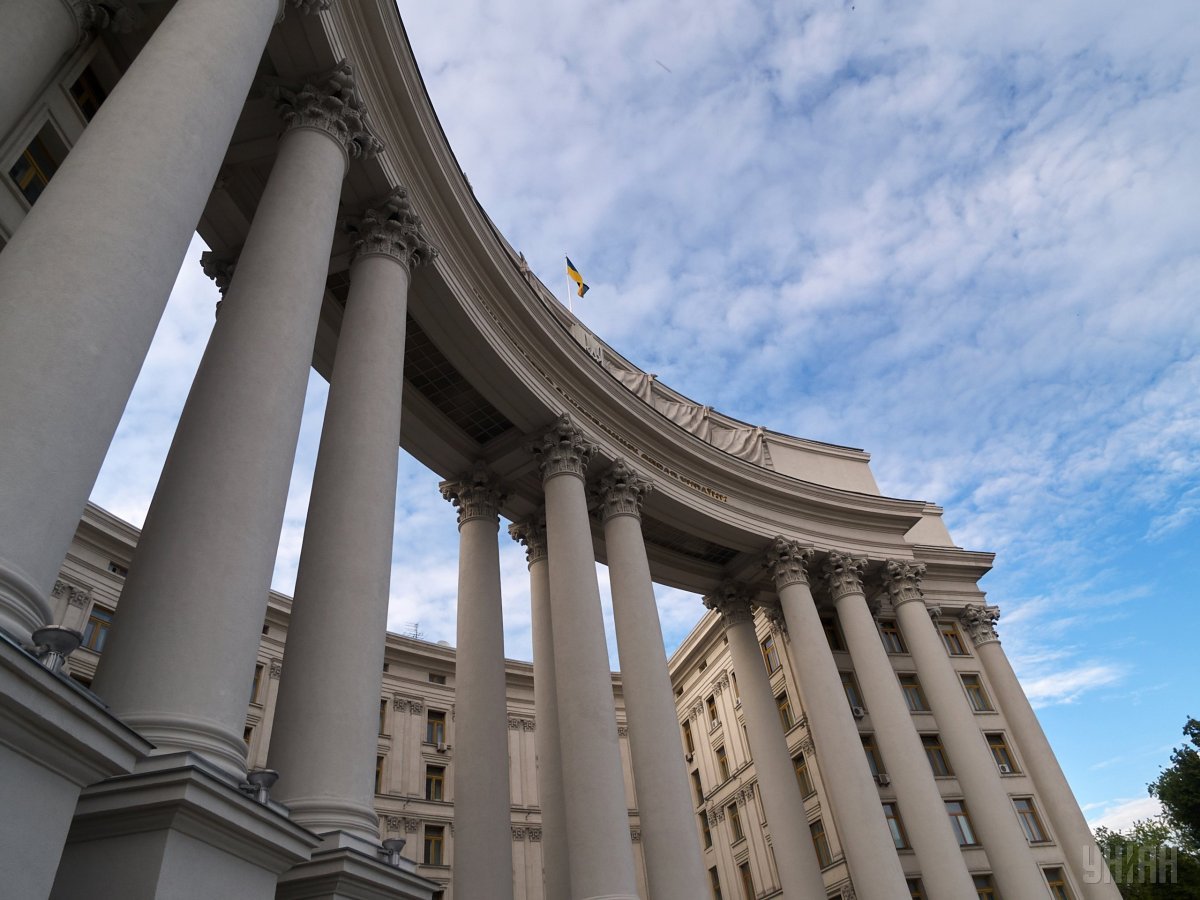
Ukraine urges the international community to "maintain coordinated pressure on the Russian Federation," given the high probability of its government's involvement in the poisoning of opposition figure Alexei Navalny.
Ukraine says it is concerned about the German government's statement on the results of the tests of Navalny's biological samples. This may indicate the involvement of the Russian government in unlawful acts with the use of a chemical warfare agent from the Novichok group in violation of the Chemical Weapons Convention, Ukraine's Ministry of Foreign Affairs (MFA) said in a commentary.
Read alsoZelensky condemns attempt on Russian opposition politician Navalny's lifeUkraine fully trusts the results of in-depth research of Navalny's biological samples carried out by the Bundeswehr laboratory, as well as independent studies by French and Swedish labs, which confirmed that the poisoning involved a chemical warfare nerve agent. Ukraine also welcomes the fact that the Organization for the Prohibition of Chemical Weapons (OPCW) has joined the investigation.
Ukraine reaffirms its firm position that "the use of chemical weapons by anyone, anywhere and under any circumstances is a flagrant violation of international law and should be severely condemned."
"Those responsible for such a gross violation of the Chemical Weapons Convention must be punished," the commentary says.
Given the high likelihood of the Russian Federation's involvement in the poisoning, Ukraine appeals to the international community to continue coordinated pressure on the Russian Federation so that it ceases to threaten world security and violate international law through aggression against own citizens and other states.
Read alsoNavalny poisoning: Ukrainian envoy to Germany calls for blocking Russian oil, gas suppliesNavalny poisoning: background
- On August 20, Russian opposition politician Alexei Navalny felt sick on board the plane he was flying from the city of Tomsk to Moscow. His rapidly deteriorating condition forced the captain to perform an emergency landing in Omsk. Two days later, he was evacuated from Omsk to Charite, a hospital in Berlin, Germany.
- On September 4, it became known that experts from the German military's Institute for Pharmacology and Toxicology in Munich had found traces of a toxic substance from the Novichok group in samples of Navalny's blood, urine, and skin. European politicians have repeatedly called on Russia to investigate Navalny's poisoning.
- On September 4, ambassadors of all 30 NATO member states at a special meeting called for an international investigation into the Navalny case.
- On September 10, it was reported Navalny had made further progress in his recovery and was able to speak again.
- On September 15, the politician's press secretary Kira Yarmysh said Navalny plans to return to Russia after his treatment in the German clinic is completed.

